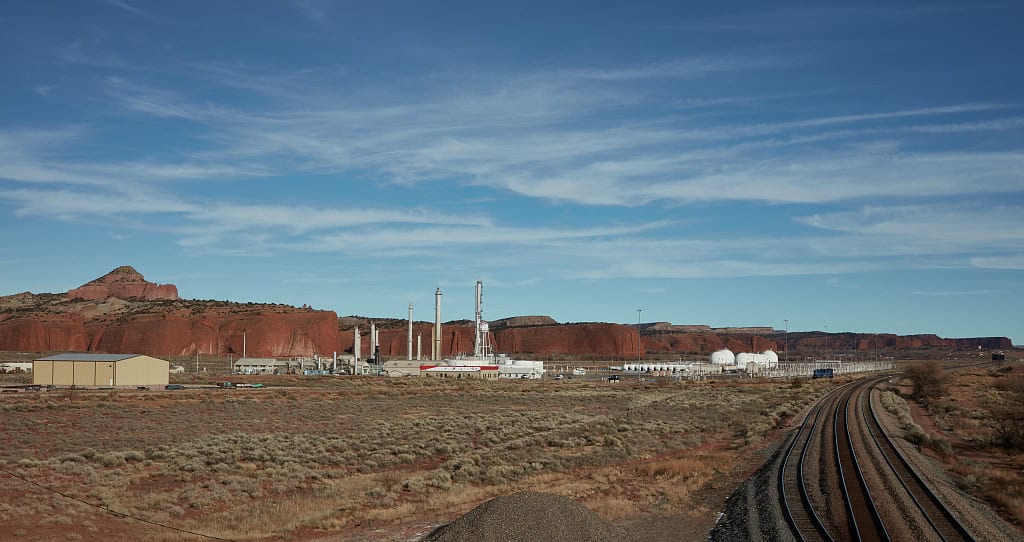Recent US oil refinery closures illustrate what Washington state, home to five oil refineries, would be smart to avoid: unplanned, unexpected, and sudden shutdowns. Since 2019 seven refineries in the United States alone have shuttered, most abruptly, taking with them more than 3,400 high-paying jobs and $21 million annually in taxes from local governments’ coffers—funds that had supported key services like schools and hospitals. At the same time, most of the oil companies that own the refineries have managed to forestall cleanup of their heavily polluted sites.
This new report details each closure’s story and the impacts on local communities. Without exception, the oil refineries’ corporate owners decided the sites’ future without community input.
Washington state has five aging oil refineries of its own, including ones owned by Marathon Petroleum, HF Sinclair, and Phillips 66, the same owners of several recently closed refineries. More than 2,000 employees work at Washington’s five refineries, plus an additional roughly 2,400 contractors annually. The refineries together paid more than $24 million in local property taxes in 2021. Leaders and communities in Washington have a chance to learn from recent closures and do things differently: not to save a dying, polluting industry but to create a smoother path for the workers and communities by planning ahead now. Otherwise, the refinery owners and the whims of the volatile oil market may chart the state’s future for it.
Related resources
- View a policy brief for community leaders and policymakers.
- View the press release for this report. To be added to Sightline’s media outreach list, contact editor@sightline.org.
- View the blog post for this report, inclusive of a comments section for questions and discussion.
- Download the high-resolution versions of the charts, tables, and map included in the report.
All Sightline research is available to use and share under our free use policy.


